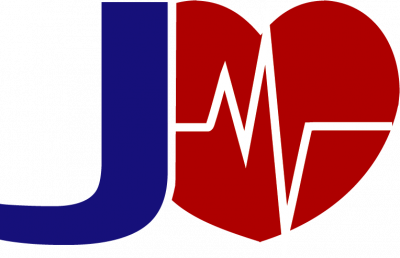urinary incontinence
Last updated: 6 Aug 2024 | 5470 Views |


![]()
urinary incontinence
Urinary incontinence is more common in about 60 percent of women.
cause
It consists of two main types: urinary incontinence caused by high intraabdominal pressure or urinary incontinence. Urinary incontinence from high intra-abdominal pressure is caused by increasing intra-abdominal pressure through actions such as coughing following heavy lifting or exercise. It can occur in both children and the elderly. Urinating or incontinence before going to the bathroom can be a result of taking medications, coffee, alcohol in the elderly, and bladder problems that get worse in the postmenopausal period.
symptom
Mild urinary incontinence or mild urinary incontinence when coughing or sneezing or while walking to the bathroom; often per day
diagnosis
History taking, physical examination, X-rays, blood tests, urinalysis, appointments to check bladder function, these tests are called urodynamic tests, which are used to measure the pressure exerted in the stomach. and the amount of urine remaining in the bladder
treatment
The first step is to strengthen the pelvic floor muscles to prevent urinary incontinence, also known as Kegal Exercise. If exercise does not work, it needs to be treated by electrical stimulation. and has a special device called Pessaries are devices that support the bladder, sometimes helping when urine comes out during jogging, aerobics, or horseback riding. For urinary incontinence, the first step in treatment is to practice urinating at regular intervals, such as urinating every 3 hours before the pain is full, or perhaps taking medication that can cause dry mouth or eyes, if any. If these symptoms do not improve, surgery is required by an obstetrician and urethral surgeon.
Things to do
![]() You should do regular pelvic floor exercises.
You should do regular pelvic floor exercises.
![]() Medication should be taken as prescribed by the doctor.
Medication should be taken as prescribed by the doctor.
don't do
![]() Do not drink caffeinated beverages such as tea, coffee, soda.
Do not drink caffeinated beverages such as tea, coffee, soda.![]() Don't drink too much alcohol.
Don't drink too much alcohol.![]() Don't drink too much water during the day or drink a lot of water at a time.
Don't drink too much water during the day or drink a lot of water at a time.![]() Don't drink water after 1 to 2 p.m. it may cause frequent urination at night.
Don't drink water after 1 to 2 p.m. it may cause frequent urination at night.












